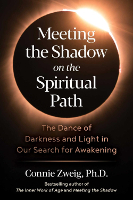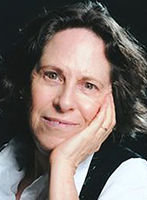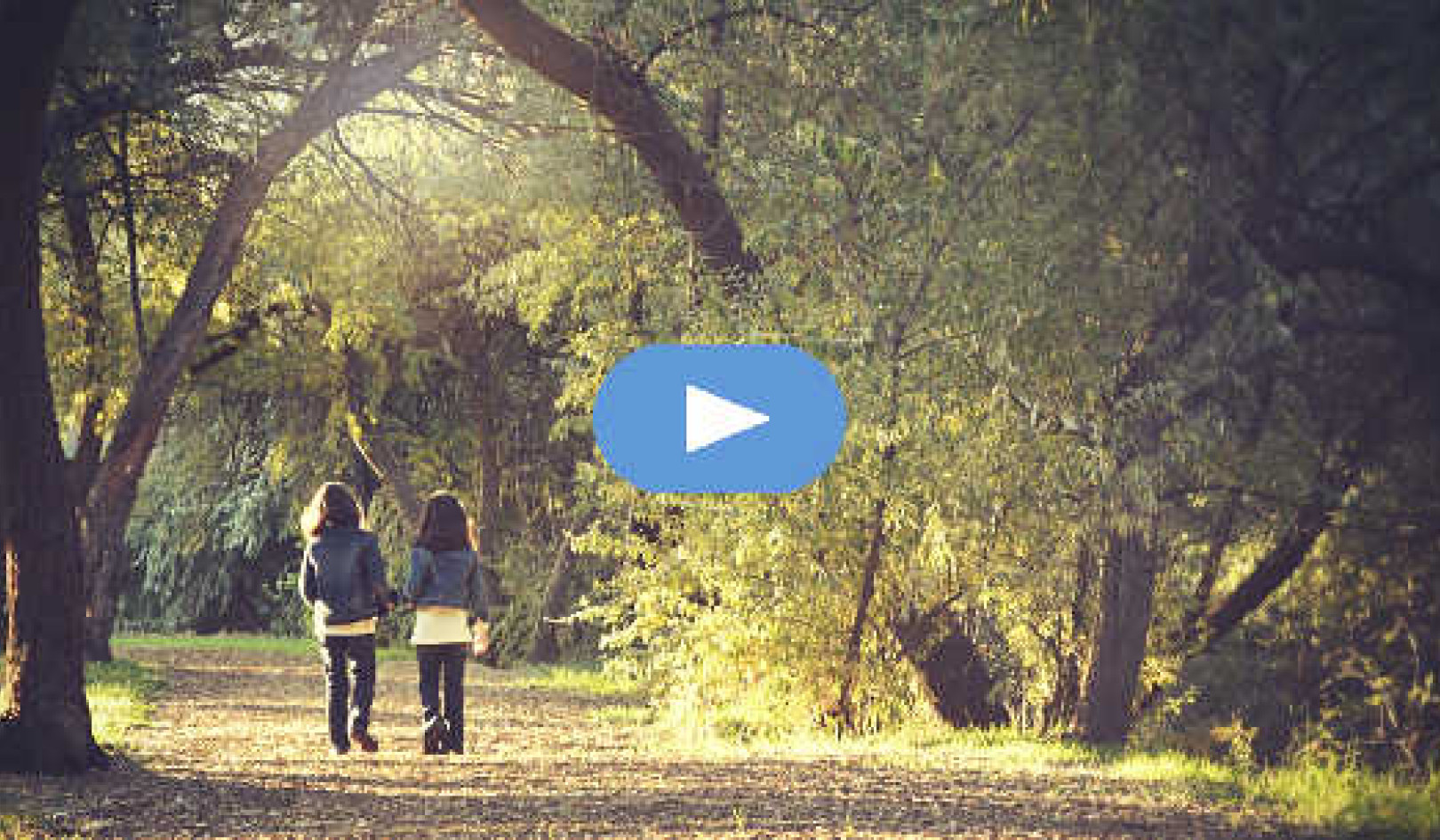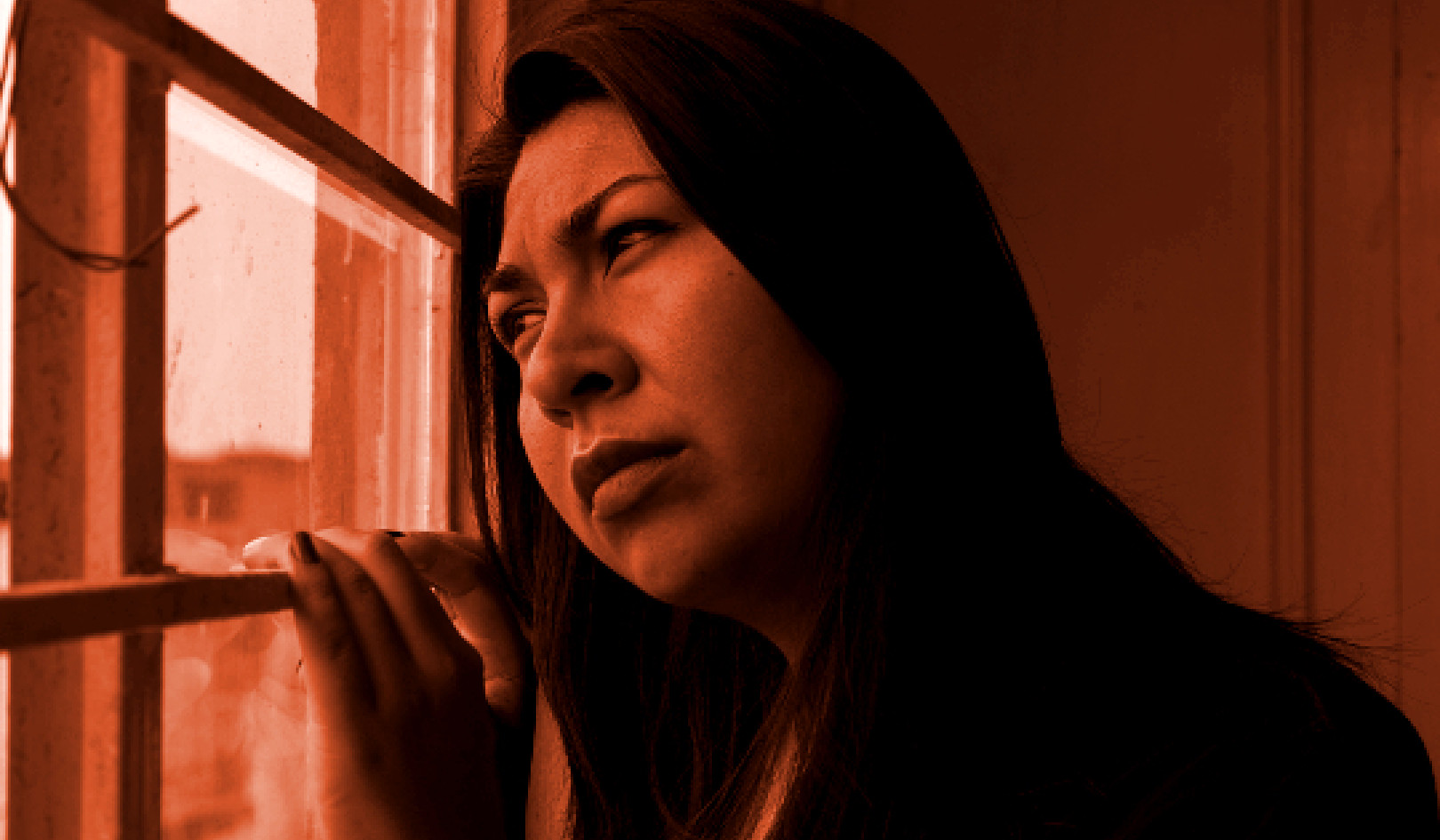
Image by StockSnap
For some Westerners, the unsurpassed rise of science and technology has meant a rejection of religious life. However, the holy longing stirs in us—and only spirit can properly contain it. If a religious or spiritual context is not available to channel our yearning, it will find other objects of desire, and the more concrete and mundane realms of life— our lovers, pornography, online games and social media fantasies, as well as food, drugs, and alcohol—will be forced to carry it.
Before one of the founders of Alcoholics Anonymous, known as Bill W., launched the program, Jung told him that the craving for alcohol, or spirits, was equivalent, on a low level, to the thirst for Spirit, or union with god. This profound insight may have led the founders of AA to build their organization on a spiritual foundation.
It also helped me to realize that any addictions mask our holy longing. A chocolate cookie, a shot of vodka, a hit of Ecstasy, a roll of the dice, a designer dress—each can carry the projection of the Self or imago dei. Each can hold out the promise of a high that alters our state of consciousness one last time. And the craving for each of these objects of desire hides our deeper craving for transcendence. These substitute highs camouflage our holy longing with a temporary solution, a quick fix, which only leaves us hungering for more.
So, the battle is joined: to drink or not to drink, to eat or not to eat, to go there or not to go there, to take that or not to take that. The forbidden object becomes dangerous and revered.
Filling the Void of Holy Longing
In The Thirst for Wholeness, Christina Grof described her feeling of holy longing since childhood:
“The pit of my stomach felt empty, my heart hurt, and my entire being aspired toward something I could not identify. As I grew, the ache in my soul permeated all aspects of my life. I felt monumentally homesick for something undefined, for an unnamed entity, place, or experience. Nothing I did seemed to alleviate the yearning within me.”
Then she found the “delicious oblivion” of alcohol: “My boundaries melted, the pain disappeared, and I was, I thought, free. I felt comfortable within my own skin I was at ease with people in a way that was impossible in my daily life. I felt included, accepted, and cherished—until alcohol turned against me.”
In a frantic effort to fill the void, many people throw themselves into their addictive behavior. They might, for example, consume enormous amounts of alcohol, cigarettes, and drugs. Trying to beat their addictions, they feel intense relief and remorse in the first stages of withdrawal. But for most addicts, a repetitive cycle occurs: intense craving, obsessive thoughts about the forbidden desired object, then a burst of acting out, which is often accompanied by euphoria. Addicts will then try to push their longing away or, alternatively, find another way to gratify it. But, ultimately, neither denial of the craving nor compromise with it will work.
Eating Disorders and the Forbidden Food
Marion Woodman wrote of this phenomenon in the context of eating disorders in Addiction to Perfection. Obese and anorexic women battle for consciousness through their acceptance or rejection of food, she said. They project the imago onto the forbidden food and want to eat it, to commune with that which they have projected outward. People who binge will eat until the ego gives up and surrenders to a larger, archetypal force.
On the other hand, people who starve themselves will fast or exercise until they feel light and weightless. They want to leave the mire of matter, Woodman said, to fly with the spirit. In either case, Woodman suggested that these compulsions replace meaningful rituals that previously offered religious transcendence. In submitting to a spiritual rite, we invoke the gods, offer up the ego for sacrifice, and feel reborn in a new level of awareness.
But alcohol does not replace spirit, and starving does not replace fasting. In each case, the concrete is substituted for the symbolic, and involuntary, repetitive routine replaces voluntary submission of the ego to a greater force. Those who successfully and finally eliminate a craving for a substance or behavior discover that, beneath it, a deeper craving remains.
Cravings and Emotional Stress
Buddhism teaches that all emotional stress comes about because of craving or tanha, which translates as “thirst.” This addictive yearning, which cannot be filled, is not fundamentally different from other cravings. But it reminds me of the Buddhist teaching about hungry ghosts, creatures who have swollen bellies but needle-thin necks. Even though they are surrounded by food, they cannot satisfy their hunger or thirst because they can eat or drink only one drop at a time.
In her book Holy Hunger, Margaret Bullitt-Jonas described her struggle with binge eating as rooted in warring desires. She wanted to make a speech that her unavailable father would listen to in silence. And she didn’t want to utter a word; she was defeated before she began. She wanted to weep in her sad mother’s arms and hear that her feelings were okay. And she wanted to run from such intimacy and self-exposure. She wanted to live inside every inch of her body and be at home inside her skin. And she wanted to be rid of her body and punish it for its needs. She wanted her life to be unpredictable and fresh. And she wanted to be in complete control. She wanted to be awake, vital, and alive. And she wanted to be asleep and entirely numb.
Finally, she said, she had no idea what she most deeply desired. She played out her dilemma with food. One day she could trust the desire to be open to life and eat lightly. The next day she would be gripped by the need to control and binge. Her mind became a tyrant, her body its prisoner. She became a woman who was perpetually restless, afraid of her inner emptiness, unable to listen to her longing. Instead, her longing spun out into insatiable craving.
She choked off words and filled up the silence with food. Through Overeaters Anonymous, prayer, and telling her true story, Bullitt-Jonas eventually discovered that it was not food she desired after all. When she stopped attaching her desires to food, a larger, deeper desire could flow through her, a desire for something infinite, something elusive yet present. She called it a power that welcomes her passions and her hunger, a power that does not eliminate desires but transforms them.
When we meet the spiritual Other in addiction, we no longer consciously inhabit our holy longing. We become its captive. We are pulled beneath the waves of desire, even to the point of drowning. But if we can redirect our longing toward the holy, the undertow can deliver us to the next level of awareness. And in this way addiction becomes a vehicle of evolution.
Copyright 2023. All Rights Reserved.
Adapted with permission of the publisher,
Park Street Press, an imprint of Inner Traditions Intl.
Article Source:
BOOK: Meeting the Shadow on the Spiritual Path
Meeting the Shadow on the Spiritual Path: The Dance of Darkness and Light in Our Search for Awakening
by Connie Zweig.
 Within each of us is a spiritual longing that prompts us to unite with something greater than ourselves, to awaken to our unity with all of life. Yet, no matter the spiritual path we choose, we inevitably encounter our own shadow, those unconscious aspects of ourselves that we suppress or deny, or the shadows of our teachers and their secret desires about money, sex, and power. Meeting the shadow can derail the journey, but, according to Connie Zweig, Ph.D., we can learn to recover from loss of faith and move from spiritual naivete to spiritual maturity.
Within each of us is a spiritual longing that prompts us to unite with something greater than ourselves, to awaken to our unity with all of life. Yet, no matter the spiritual path we choose, we inevitably encounter our own shadow, those unconscious aspects of ourselves that we suppress or deny, or the shadows of our teachers and their secret desires about money, sex, and power. Meeting the shadow can derail the journey, but, according to Connie Zweig, Ph.D., we can learn to recover from loss of faith and move from spiritual naivete to spiritual maturity.
For more info and/or to order this book, click here. Also available as a Kindle edition and as an Audible Audiobook.
About the Author
 Connie Zweig, Ph.D., is a retired psychotherapist, former executive editor at Jeremy P. Tarcher Publishing, former columnist for Esquire magazine, and contributor to the LA Times. Known as the Shadow Expert, she is the coauthor of Meeting the Shadow and Romancing the Shadow and author of Meeting the Shadow of Spirituality and a novel, A Moth to the Flame: The Life of the Sufi Poet Rumi.
Connie Zweig, Ph.D., is a retired psychotherapist, former executive editor at Jeremy P. Tarcher Publishing, former columnist for Esquire magazine, and contributor to the LA Times. Known as the Shadow Expert, she is the coauthor of Meeting the Shadow and Romancing the Shadow and author of Meeting the Shadow of Spirituality and a novel, A Moth to the Flame: The Life of the Sufi Poet Rumi.
Visit the author's website: ConnieZweig.com




























